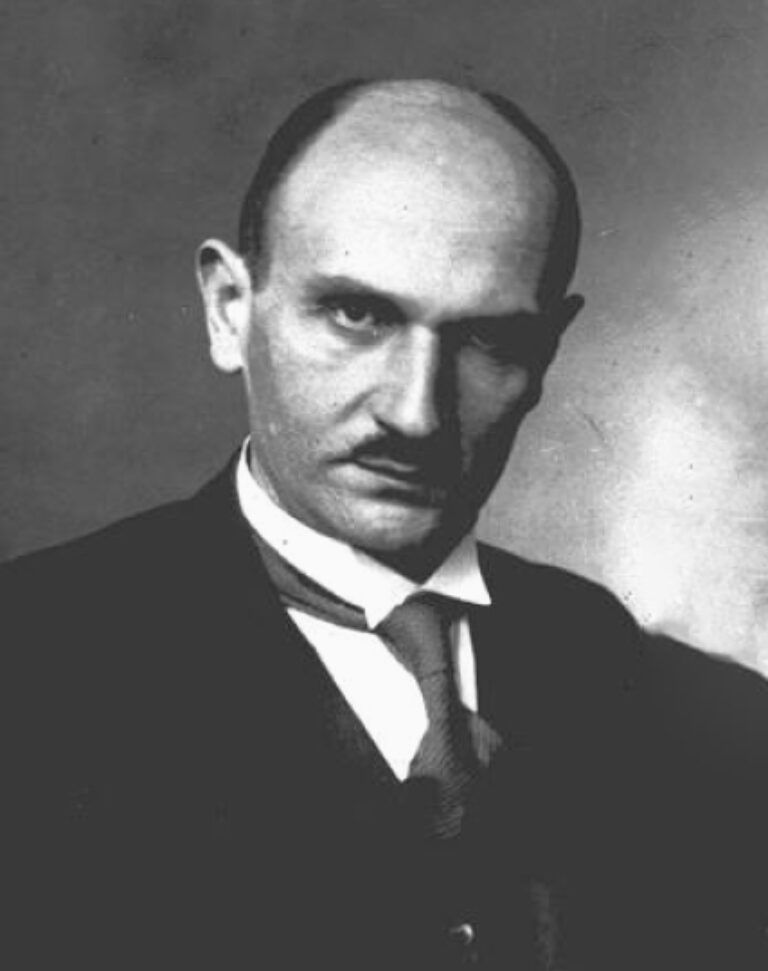He successfully completed the state examination for teaching in higher education. Serving as a soldier from 1915 to 1918 during the First World War, he returned to academic pursuits after the war. In 1920, he earned his Doctorate of Philosophy for his research on the Platonic philosopher Albinus.
Arthur Spanier’s professional journey took him to the Prussian State Library, where he made a name for himself as the head of the Judaica and Hebraica department from 1926 to 1935. His research and publications, especially his contributions to the Jewish Lexicon, his works on the Tosefta and on Masoretic accents, significantly advanced the understanding of Jewish texts and traditions.
When the Nazis came to power, Spanier’s life changed dramatically. In 1935, he was dismissed from his post and had to give up his academic career in Germany. He continued to teach Talmud at the Higher Institute for Jewish Studies, but the Nazis’ persecution intensified.
Arthur Spanier was arrested during the November Pogroms of 1938 (known by the euphemism Kristallnacht) and spent several weeks in the Sachsenhausen concentration camp. Although he was offered a position at Hebrew Union College in Cincinnati, Ohio, he was unable to leave Germany because the US Embassy in Berlin denied him the necessary visa.
In 1939, Spanier went to the Netherlands, hoping to obtain an entry visa to the United States from there, but this too was rejected by the US Consulate. After the country’s occupation by the German army, he was sent to the Westerbork transit camp in 1942. In March 1944, he was deported to the Bergen-Belsen concentration camp and murdered.
